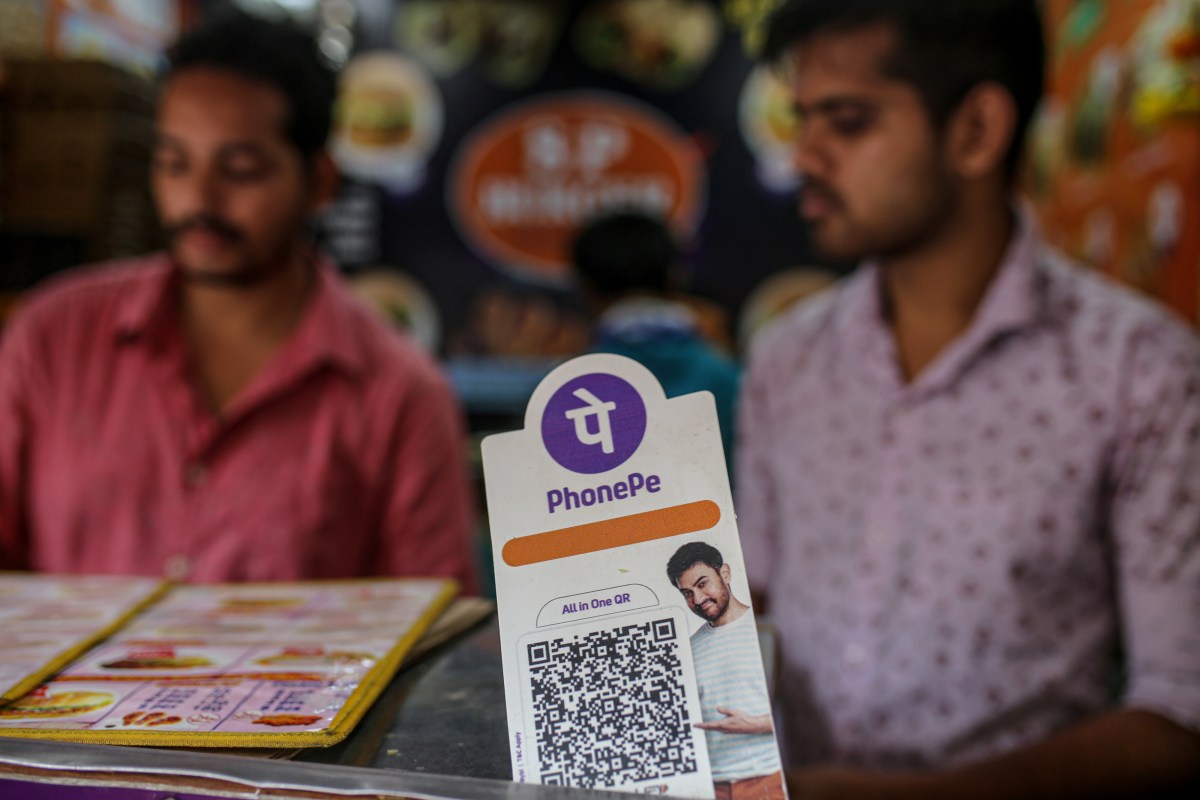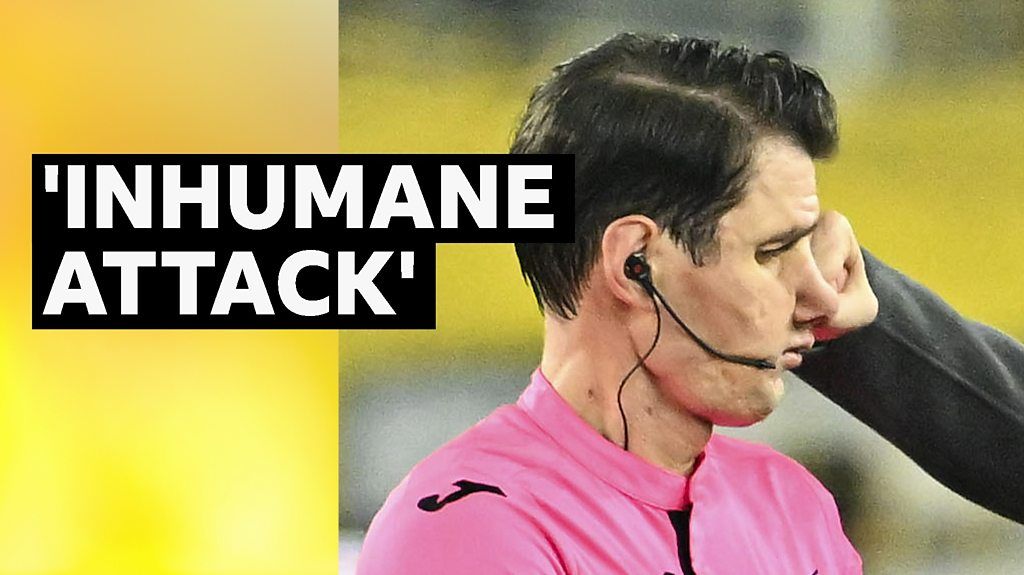Thousands of Iraqis Have No Votes
Over 300.000 Iraqis, mostly Sunnis, have been forced to leave their homes in Fallujah, west of Baghdad, due to the continuous shelling that climaxed in a blistering air and ground sweep by US and Iraqi forces in November.
Some 10,000 US marines and army forces, alongside some 2,000 Iraqi national guard soldiers unleashed a long expected onslaught on the resistance hub Monday, November 8, capping long nights of massive US raids.
There are also tens of thousands of detainees, majority of which are also Sunnis, who are not subject to the Independent Election Commission in Iraq (IECI).
In statements to IslamOnline.net Tuesday December 14, the electoral committee chief Sa’ad Abdel Wahab of the Iraqi Islamic Party (a Sunni who has recently decided to take part in the elections) criticized holding elections in Iraq as one constituency.
He explained that such a system might be acceptable in case of a stable situation, citing the fact that political parties and powers would then be able to rally the public everywhere.
“Under such unstable conditions and the evacuation of whole communities as it is the case in Fallujah, some 100.000 Sunni voters are not in a position to cast their ballots, even if election boycotters change their minds," he resumed.
The Fallujah evacuees have been dispersed among different Iraqi towns including Baghdad. They failed to get their December supply rations, with which they supposed to receive election cards, without which no one could vote.
“This means that supporters of a certain party in disturbed governorates may not cast their votes,” Abdel Wahab added.
He further added the multi-constituency system was debated by the IECI; yet, the commission adopted the one-constituency system despite its points of weakness.
Association of Muslim Scholars’ spokesman Muthanna Harith Al-Dari, in a special meeting with IOL, explained the reason behind many Iraqi powers boycott of elections, citing technical considerations that do not guarantee the transparency of the Iraqi election system.
Among such considerations is the fact that the IECI has considered Iraq, despite its huge area, into one constituency and assigned to it 25 UN supervisors; of whom only seven have arrived.
35.000 Detainees
Within the same context, Abdel Wahab wondered about the votes of thousands of Iraqi detainees – mostly Sunnis – who are imprisoned in occupation jails.
The official of the Iraqi Islamic Party elaborated that “those detainees, amounting to 35.000, are not included under the IECI voter lists”.
Abdel Wahab further cited the daily incursions perpetrated by the occupation troops and the Iraqi National Guardsmen as dangerous hurdles affecting the very meaning of elections, pointing out that such incursions have resulted in many people losing their official documents.
Regarding out-of-country voting for Iraqi expatriates, Abdel Wahab said that the process of selecting the 14 states, wherein the elections will be held, is not accurate.
He said that the reason is that the IECI “does not have maps on the Iraqi communities abroad and Iraq does not have embassies in most of those states so far.”
UN International Organization for Migration, in charge of Iraqi expatriates’ out-of-country voting, has declared Sunday December 12 that Amman, Jordan, would host the polling center headquarters of out-of-country voting.



